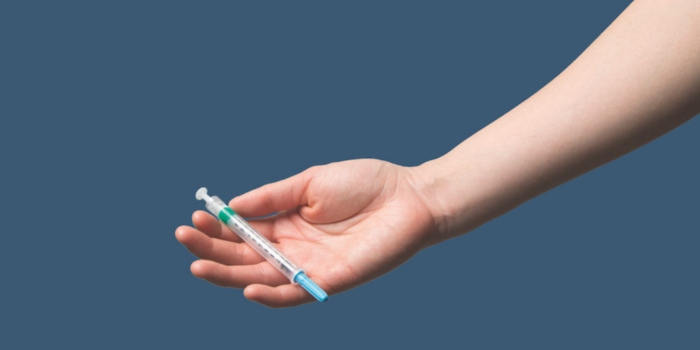The World Health Organization (WHO) has approved the rollout of lenacapavir (LEN), a twice-yearly injectable HIV prevention medication.
Kenya has been selected by the global organisation as one of the first nine countries to implement the new treatment.
The announcement, made at the 13th International AIDS Society Conference (IAS 2025) in Kigali, Rwanda, marks a significant milestone in global efforts to combat HIV.
Lenacapavir, the first long-acting injectable pre-exposure prophylaxis (PrEP), provides a highly effective alternative to daily oral pills, particularly benefiting individuals who struggle with adherence, stigma, or limited access to healthcare.
Administered just twice a year, the injection has shown near-complete efficacy in preventing HIV infections in clinical trials.
WHO's endorsement comes at a critical time, as global HIV prevention efforts have stalled, with 1.3 million new infections reported in 2024.
Key populations, including sex workers, men who have sex with men, transgender individuals, people who inject drugs, and adolescents, remain disproportionately affected.
The introduction of LEN is expected to expand prevention options and improve accessibility for high-risk groups.
To facilitate widespread adoption, the WHO has also simplified HIV testing protocols, recommending rapid tests to support the rollout of injectable PrEP.
This change removes logistical and financial barriers, enabling community-based distribution through pharmacies, clinics, and telehealth services.
Kenya’s inclusion in the early adoption phase underscores its proactive stance in HIV prevention.
The country will integrate LEN into its national HIV programs alongside existing methods such as daily oral PrEP and the dapivirine vaginal ring.
WHO has urged governments and health partners to accelerate implementation while monitoring real-world effectiveness and adherence.
In addition to the PrEP guidelines, the WHO introduced updated recommendations for HIV treatment, including long-acting injectable antiretroviral therapy (ART) for individuals with suppressed viral loads.
New service delivery guidelines also emphasize integrating HIV care with noncommunicable disease management and mental health support.
Despite progress, HIV remains a pressing global health challenge, with 40.8 million people living with the virus in 2024 and 630,000 deaths attributed to HIV-related causes.
WHO’s latest guidelines aim to revitalize prevention and treatment efforts through innovation, simplified protocols, and equitable access, urging immediate action to translate these advances into tangible public health outcomes.

